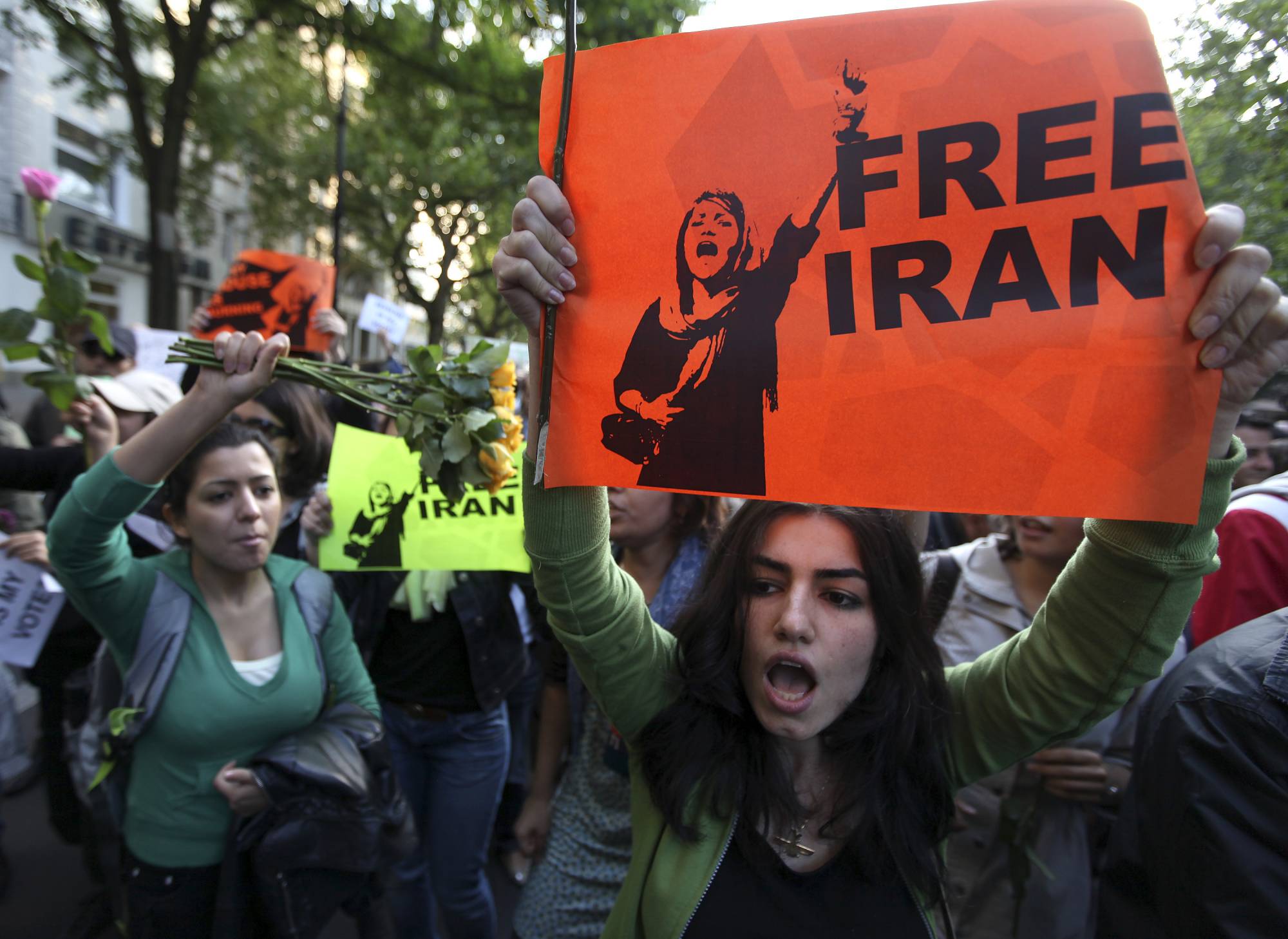Most Americans have no idea who Nahid Shirbisheh is. But in Iran, she has become a powerful symbol of resistance. A little over a year ago, she witnessed her son’s murder at a government protest in Tehran. Last month she released a video made at the location of his killing that went viral in Iran.
When I spoke to her in November, she surprised me by thanking the outgoing Trump administration. "They mentioned my son’s name and my own name and they supported my voice when my son was killed and I was in prison,” she said.
U.S. President Donald Trump’s Iran policy was designed mostly to coerce the regime into a better nuclear deal than the one it joined in 2015. U.S.-imposed sanctions were not meant to pressure Iran’s rulers to release political prisoners or to allow a referendum on the powers of the supreme leader, as Iranian activists have been demanding for years. Even if Trump’s policy had succeeded, which it didn’t, Iranians would still be stuck with their oppressors.

















With your current subscription plan you can comment on stories. However, before writing your first comment, please create a display name in the Profile section of your subscriber account page.